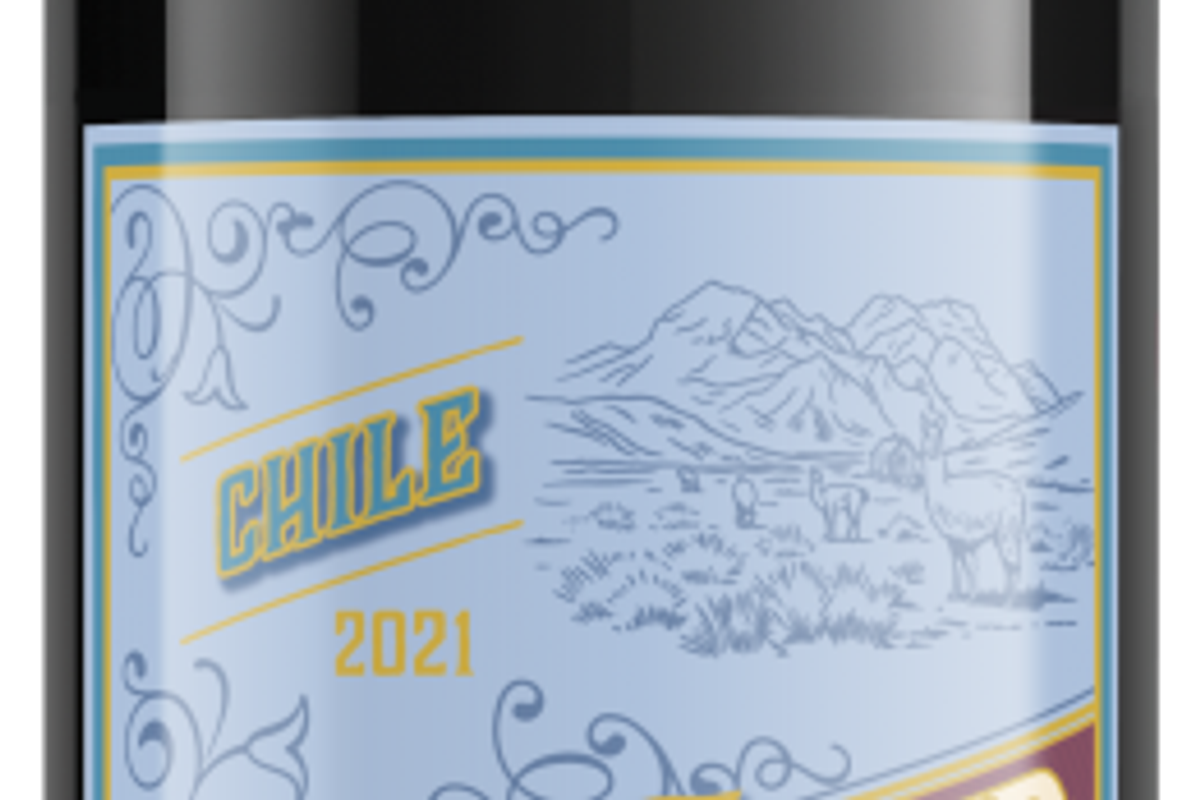A complaint against a Jam Shed wine point of sale display has not been upheld by the alcohol industry’s Independent Complaints Panel (ICP).
The complaint, made by a member of the public, raised concerns that the display, which featured the marketing slogan “wine for drinking, not overthinking”, may encourage irresponsible and immoderate consumption.
The Panel considered whether the point-of-sale material could encourage irresponsible or immoderate consumption, under Code rule 3.2(f) as raised by the complainant.
The Panel discussed that "overthinking" was generally perceived to have negative connotations and expressed concern that the line "wine for drinking, not overthinking" in isolation, could be misconstrued as encouragement to drink without due care and attention. However, the Panel stated that it was important to consider the line in the context of the overall impression conveyed by the marketing.
The Panel considered Jam Shed more broadly and acknowledged the company’s response that it was a well-known brand marketed on being a simple and easy choice for consumers who may find the perceived complexity of the wine category intimidating. The Panel also noted that there was nothing else on the marketing material that suggested that a consumer should drink irresponsibly or immoderately.
The Panel considered that the brand identity provided a certain level of context to the intended meaning of the line but that there was an element of ambiguity which could have been made clearer as to the intended meaning of ‘overthinking’. On this point, the Panel warned producers that where marketing was ambiguous it could lead to an unintentional breach of the Code.
After much deliberation, the Panel concluded that while the wording was very close to the line of acceptability, the marketing material did not encourage immoderate or irresponsible consumption. Accordingly, the Panel did not find the point of sale material in breach of Code rule 3.2(f).
The Panel also considered whether the point of sale material urged a rapid or ‘down in one’ style of consumption, in breach of Code rule 3.2(g). The Panel assessed the rest of the marketing material and considered that it did not contain any cues which suggested a consumer should drink rapidly or encouraged a ‘down in one’ style of consumption. On that basis, the Panel concluded that the material did not breach Code rule 3.2(g) and accordingly did not uphold the complaint.
On being notified about the complaint, the company voluntarily removed the display and confirmed it would not use the phrase in future campaigns.
“While the Panel didn’t uphold the complaint in this instance, they still considered the wording of the point-of-sale display very close to the line of acceptability," said Chair of the Independent Complaints Panel, Rachel Childs. "It’s important for producers to be aware that ambiguous marketing could lead to unintentional breaches of the Code and I am grateful to the producer in this case for removing the campaign voluntarily which demonstrates their commitment to responsible marketing.”





